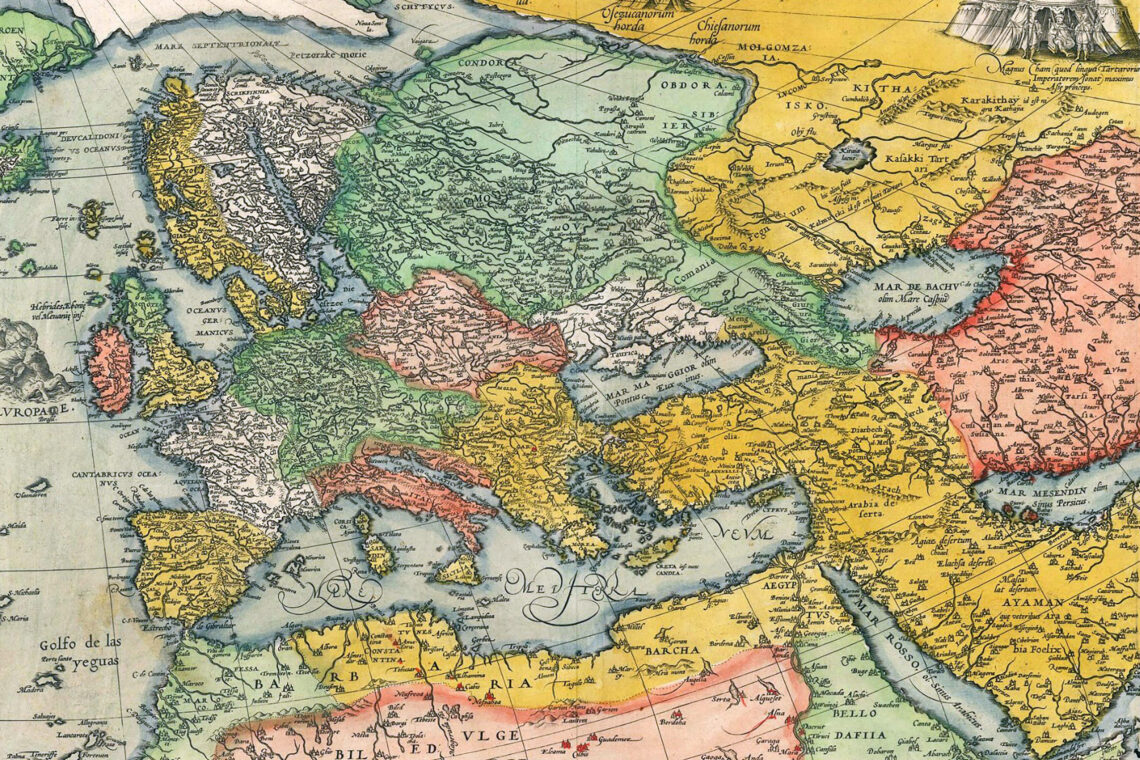Many people are rightly trying to understand what drove the young men from the shantytown of Sidi Moumen to commit the atrocities of May 16 by blaming the bleak economic prospects and social marginalization of the perpetrators and their accomplices. As in all similar cases, commentators see a direct link between economic despair and the resort to violence and terror. This correlation is, to a significant extent, correct. Whenever income is as badly distributed as it is in Morocco one is bound to come across a generation of people willing to go to any extremes to assert their presence, etch out a living, and protect their dignity. Humans must have a reason to live, and it is this reason that is increasingly eluding our youth.
Yet gross income inequality and poverty do not explain all. One of the phenomena that cause alienation in Morocco is the cultural legacy of colonialism. Many people who defend democracy and human rights do so in French, in gestures and language that are more Parisian than Moroccan. Many of our elites’ mindsets are, in some sense, colonized, leaving them unable to relate, in any meaningful way, with the larger Moroccan public. It’s true that political leaders work hard to improve the overall conditions of the country, but they don’t speak the common language of the illiterate or the non-Francophones. They treat average Moroccans with the same contempt the French used to do. The result is a generalized culture of cheap imitation at every level and across the entire social spectrum.
While some imagine themselves to be living in a French universe, the less privileged feel part of an Islamic brotherhood centered in some Eastern region. The apolitical masses, meanwhile, spend their time watching Egyptian soap operas and listening to Middle Eastern music. Think about it: it’s as if Morocco has turned into a huge stage on which Moroccans act out roles borrowed from other national traditions. Things were much better when we used to call Morocco sirko bla qla’ and Moroccans cha’ab al-ghaita. At least those were our shows. Not any more. We are now spectators of other people’s performances and we dance to other tunes.
Truth is, we are alienated in Morocco, desperately looking for meaningful roles in the wrong places. It may well be that the lack of a common language leads to divisions at every level—in taste and even in economic conditions. Poor Arabic-speaking Moroccans may appear as backward to the French-speaking elite, while the latter could appear as kafirs to the former. Such disparities in sensibilities reduce empathy on both sides, a situation which then aggravates economic exploitation and indifference within social groups.
Sidi Moumen is about more than the government’s failure to address the economic conditions of the poor; it also is the painful reflection of our own disunity and lack of cohesion as a community. We live in different cultural bubbles, sustained by (imported) fantasies of power. If we all lived in one culture and spoke the same language, we might at least understand one another better.
Those of us who are privileged must get to know the people’s Morocco, not imagine our country as an Oriental fantasy. This is why I have always believed in the public education system. The growing influence of les missions and other foreign schools will only exacerbate the cultural gaps in Morocco and justify the growing politics of resentment, if not hatred. Only a good public education can unite Moroccans and make them aware of their national, common interests.




Comments are moderated by the editor and may not appear on this discussion until they have been reviewed and deemed appropriate for posting. All information collected is handled in a manner consistent with our privacy policy.